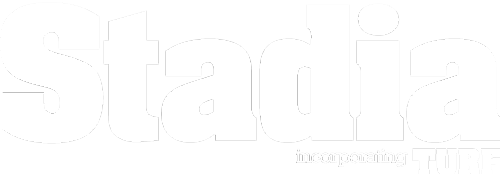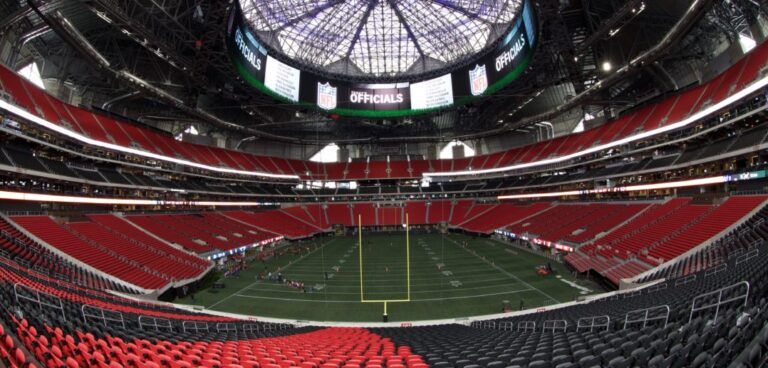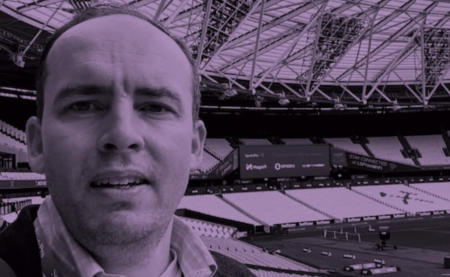A 2018 Nielson report projected that the U.S. sustainability market is expected to reach $150 billion by 2021. One explanation to account for the increase in sustainability spending is the recent shift in consumer interest. As energy efficiency, water consumption and sustainability become important buying factors for consumers, businesses will be expected to adjust their policies and operations to compete with consumer demand. In fact, nearly half (48%) of U.S. consumers say they would adjust or most likely adjust their consumption habits to reduce the impact on the environment.
As industries scramble to implement green initiatives into their business practices, stadium owners, operators and engineers are also playing catch up. According to an industry reportby The National Institute of Building Sciences and Green Sports Alliance, there are thousands of stadiums across the United States. However, only 68 professional teams have energy-efficiency programs in place,80 sports venues are LEED certified and a mere146 collegiate programs invest in energy efficiency. As an advocate of green energy and utility programs, below are three tips for stadium and event venue owners and operators to consider.
- Understand the equipment
To remain profitable, property managers, asset managers and building engineers alike need to track, analyze, report and benchmark building data (i.e. water, energy, gas, waste, etc.) to make informed decisions about the operating budget. Before making adjustments to the budget, building operators need to effectively gauge how much power, energy and money it takes to run their building. By taking the time to understand the granular details of how a property and its equipment operates, building owners and engineers can more accurately predict energy use, identify utility and cost savings as well as track and optimize utility consumption for their asset(s). By identifying what data sets need to be tracked and monitored for optimal performance, building owners and engineers can manage more healthy, sustainable, productive and profitable spaces. At first, we recommend identifying one asset or initiative to track over time. Once mastered, consider adding additional KPIs to track and analyze to avoid overwhelming oneself with too many numbers too soon. After all, if the data is not actionable it is meaningless.
- Deploy continuous commission
To run an efficient stadium or event venue, building operators need to be proactive, and not reactive, about fixing building equipment. With advances in data technology, building engineers can implement more long-term fixes to their problems. However, “fixing” the problem is only half the battle. “Maintaining the fix” is the larger problem at hand. Building engineers should activate and deploy continuous commission to routinely track and monitor the health/performance of a building and its correlating assets. Without continuous oversight, issues such as late shutdowns or equipment cycling overnight go unnoticed, leading to increased operating budgets month over month.Furthermore, investing in tools that will automatically monitor equipment performance, pinpoint inefficiencies and alert operators when problems arise will prove financially beneficial in the long run.
- Focus on start-up and shut down
Heating and cooling a stadium or large event hall takes an enormous amount of energy and time. With factors such as outdoor temperature, equipment efficiency, insulation levels and utility tariff schedules affecting the building’s energy curve, deciding when to power up or power down a building can be a challenge. By benchmarking building data over time, operators can pinpoint ideal start up and shut down times, saving a significant amount of time, energy and money week over week. As games days, practices, galas and community events all require different levels of energy and utility use, owners and operators should consider deploying automated tools that can recommend and maintain optimal temperatures to accommodate different seasons and events.
By implementing the above three tactics into any stadium or event venue, building operators will reduce utility waste, increase net operating income, improve building performance and optimize energy efficiency long term. By monitoring energy consumption, equipment performance and utility spend on a daily basis, event venues will inevitably enhance and improve itsoverall energy and environmental performance into 2025 and beyond.
Carlos Diaz is vice president of business development at Aquicore





